Los Angeles’ MacArthur Park was strangely desolate on a summery Monday morning until the ground began to rumble.
Then, the convoy arrived: The eight-wheel diesel-powered U.S. Army tactical trucks, Humvees and armored vehicles — with roof hatches. They accompanied white, unmarked passenger vans and black SUVs, not to mention a large trailer containing numerous horses.
The Humvees blocked traffic on Wilshire Boulevard, which bisects the 35-acre park at the heart of this densely populated and famously Central American neighborhood west of Downtown Los Angeles, leaving diesel exhaust in their wake.
Immigration and Customs Enforcement had arrived, along with its support, including U.S. Border Patrol agents on horseback. Those agents wore black padded armor, helmets and, beneath them, masks that made them virtually unidentifiable.
Dozens of other masked agents, dressed in camouflage and tactical vests and heavily armed, emerged from armored cars and unmarked vans. Their faces too were hidden — beneath reflective glasses, military-style helmets and more masks. (Their U.S. Border Patrol patches were visible on their uniforms.) A black Department of Homeland Security helicopter circled overhead.
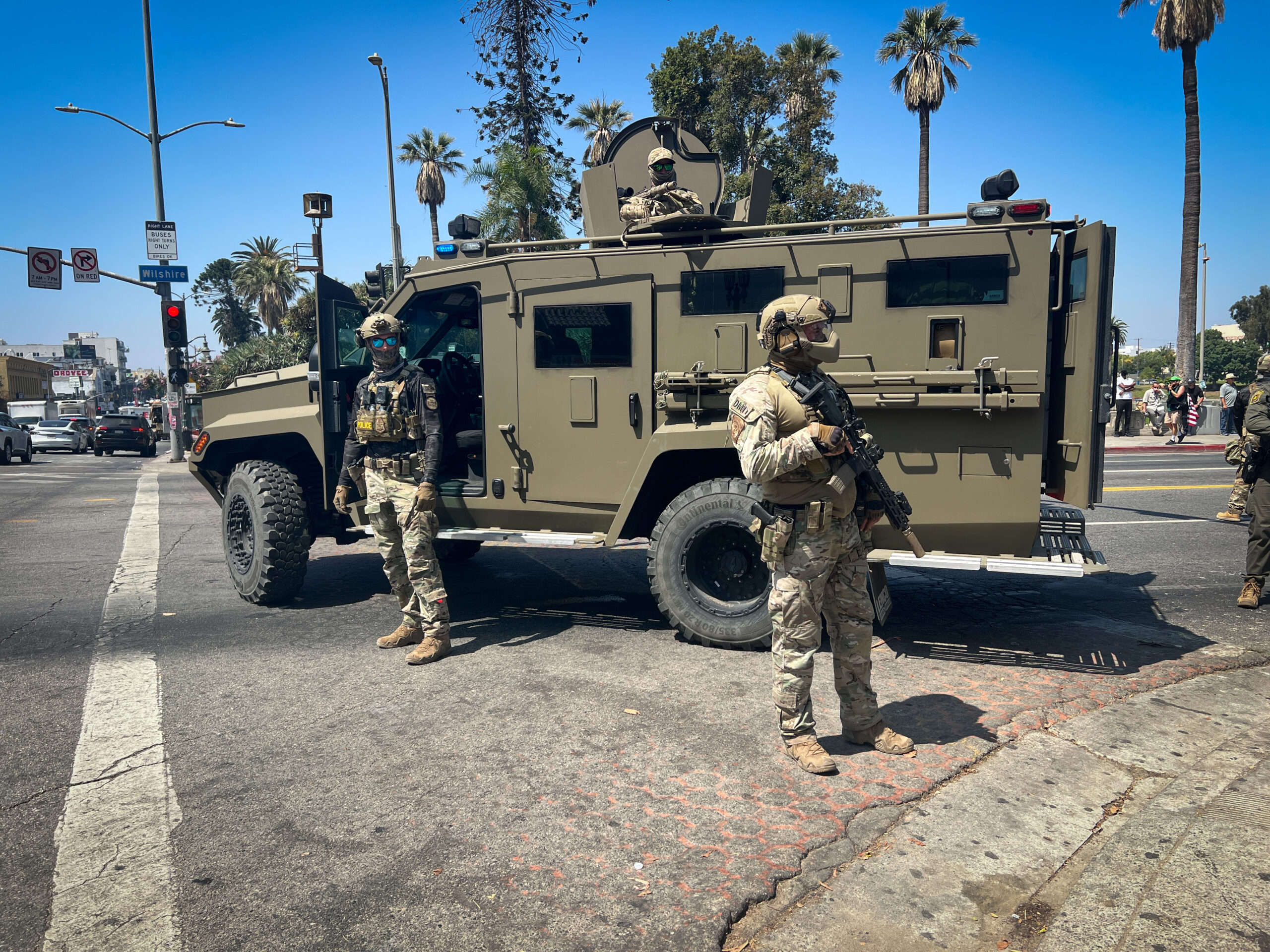
Federal agents use an armored truck to block off Wilshire Boulevard and Alvarado Street, the eastern road through MacArthur Park. Photo: Renae A. Hernández.
Meanwhile, the normal daily life of MacArthur Park had come to a halt. There were no children hanging from its jungle gyms, swinging from its bars or just running around on the playground. The parents who typically lounge about on the nearby benches, keeping an eye on their children, were gone, as though by some magic spell. The ambulant vendors who sell candy, fruit, juices, soft drinks and cheap plastic toys were nowhere to be seen. No one kicked a soccer ball.
Other typical sounds of the park, like people speaking Spanish or the ancient Quiché Maya indigenous language from Central America, were gone. There was no music — no cumbias, merengue and reggaeton blasting from visitors’ handheld speakers — and no evangelical preachers quoting Bible verse to warn listeners of the End of Days on mobile speakers.
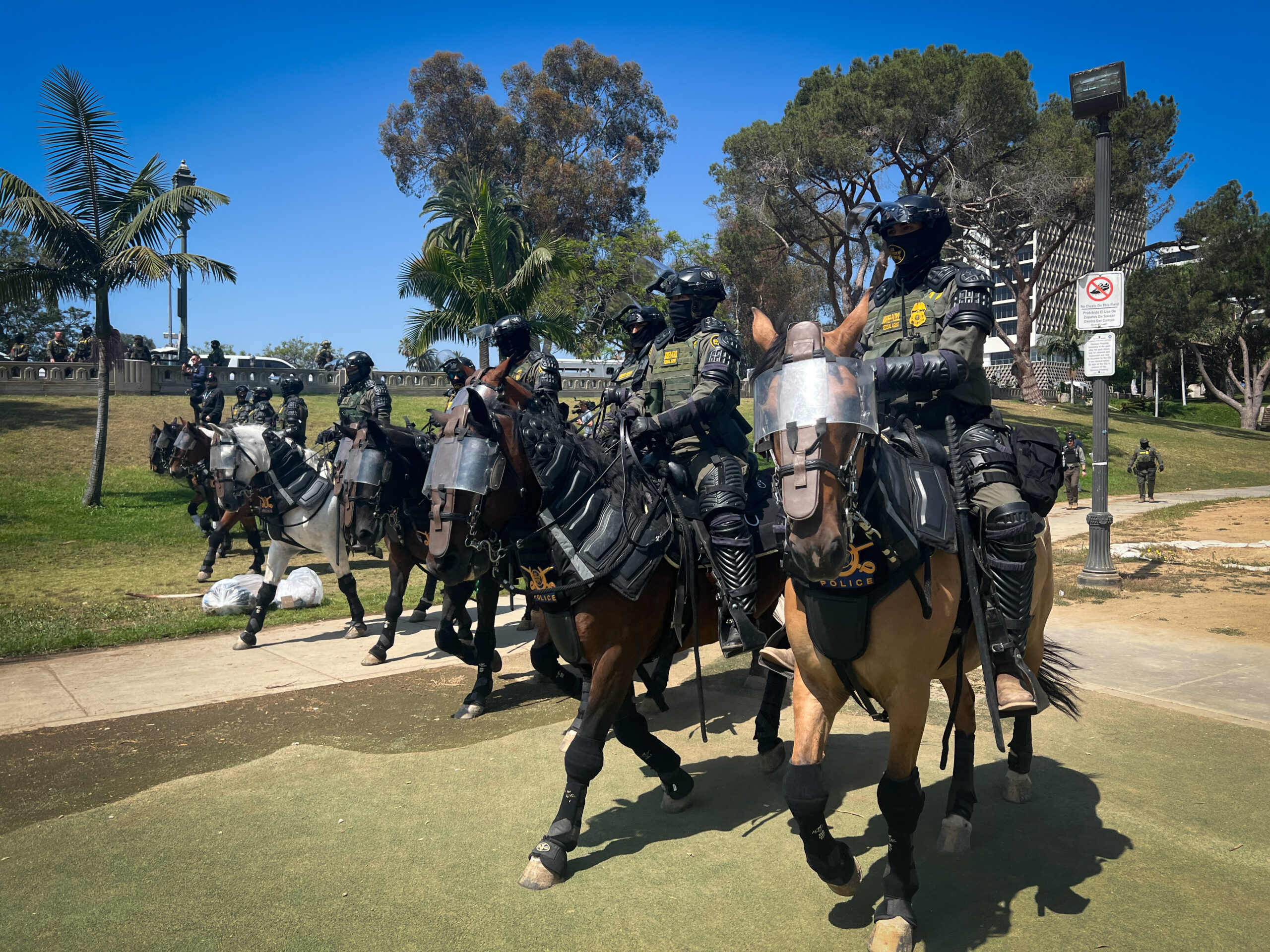
Border Patrol agents atop horses equipped with protective armor march across an empty soccer pitch in MacArthur Park. Photo: Renae A. Hernández.
The previous day, warnings appeared — single sheets of paper taped to light poles, trees and fences around the park — warning locals to stay away. They cited rumors of possible ICE raids at MacArthur Park. Word also spread on Instagram, as well as other social media apps such as Signal, Telegram and WhatsApp.
Ad hoc community defense groups that have formed in recent weeks to protect locals and document raids in many parts of Los Angeles played a substantial role in spreading the warnings in online discussion threads. Such efforts succeeded in essentially emptying the vast park of its habitual patrons.
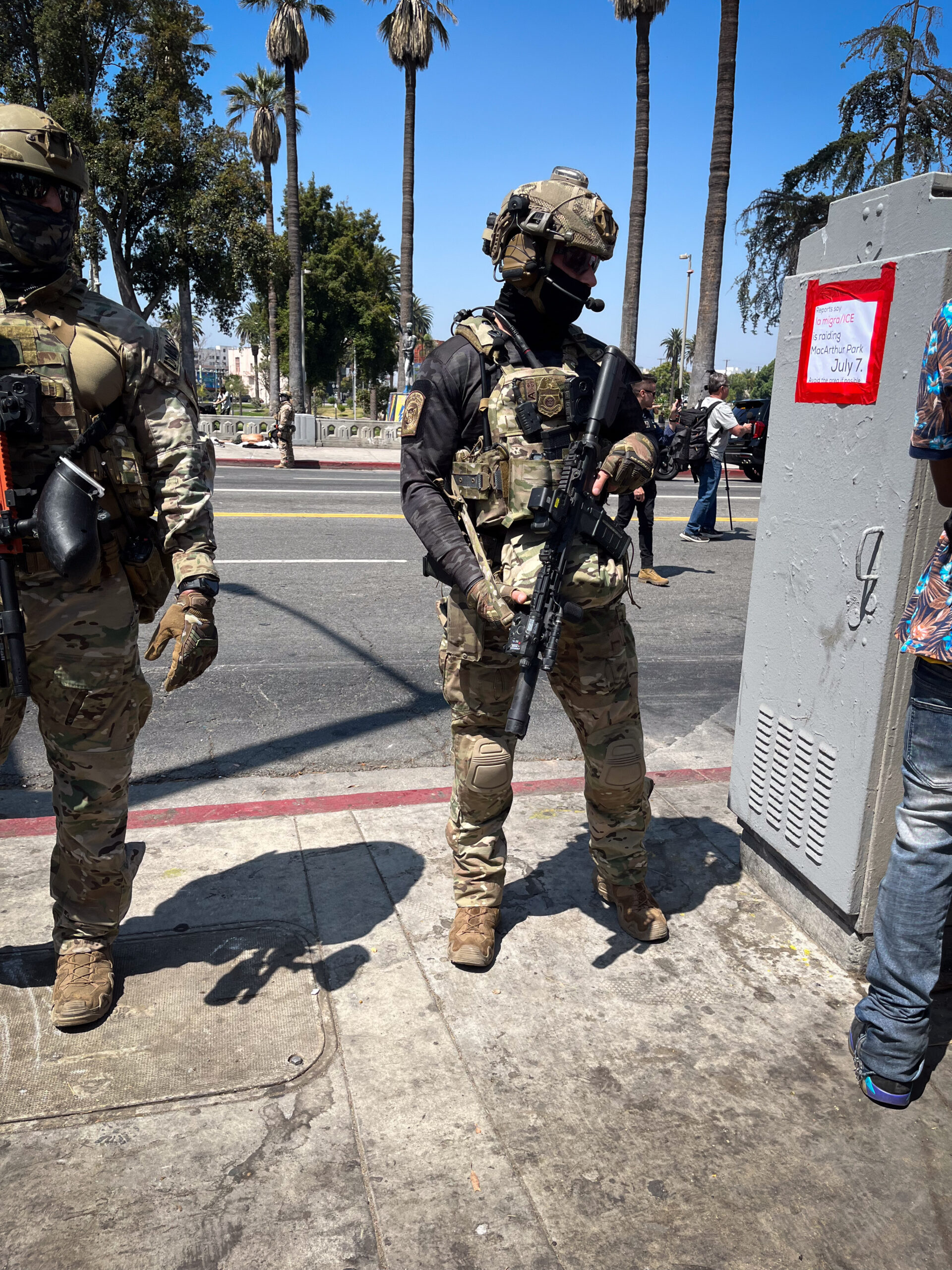
A federal agent looks at a flyer taped to an electric box warning residents of rumored ICE raids that morning at MacArthur Park. Photo: Renae A. Hernández.
So, when the agents on horseback and others swept through the park, they encountered little more than empty playgrounds, fields and benches. The agents, for the most part, advanced quickly. But the area wasn’t empty. Local Spanish-language television crews were ready to broadcast from their branded vans. Photographers representing the New York Times, the Associated Press, Agencia Press, the Los Angeles Times and other news organizations were present near the park’s amphitheater and beyond.
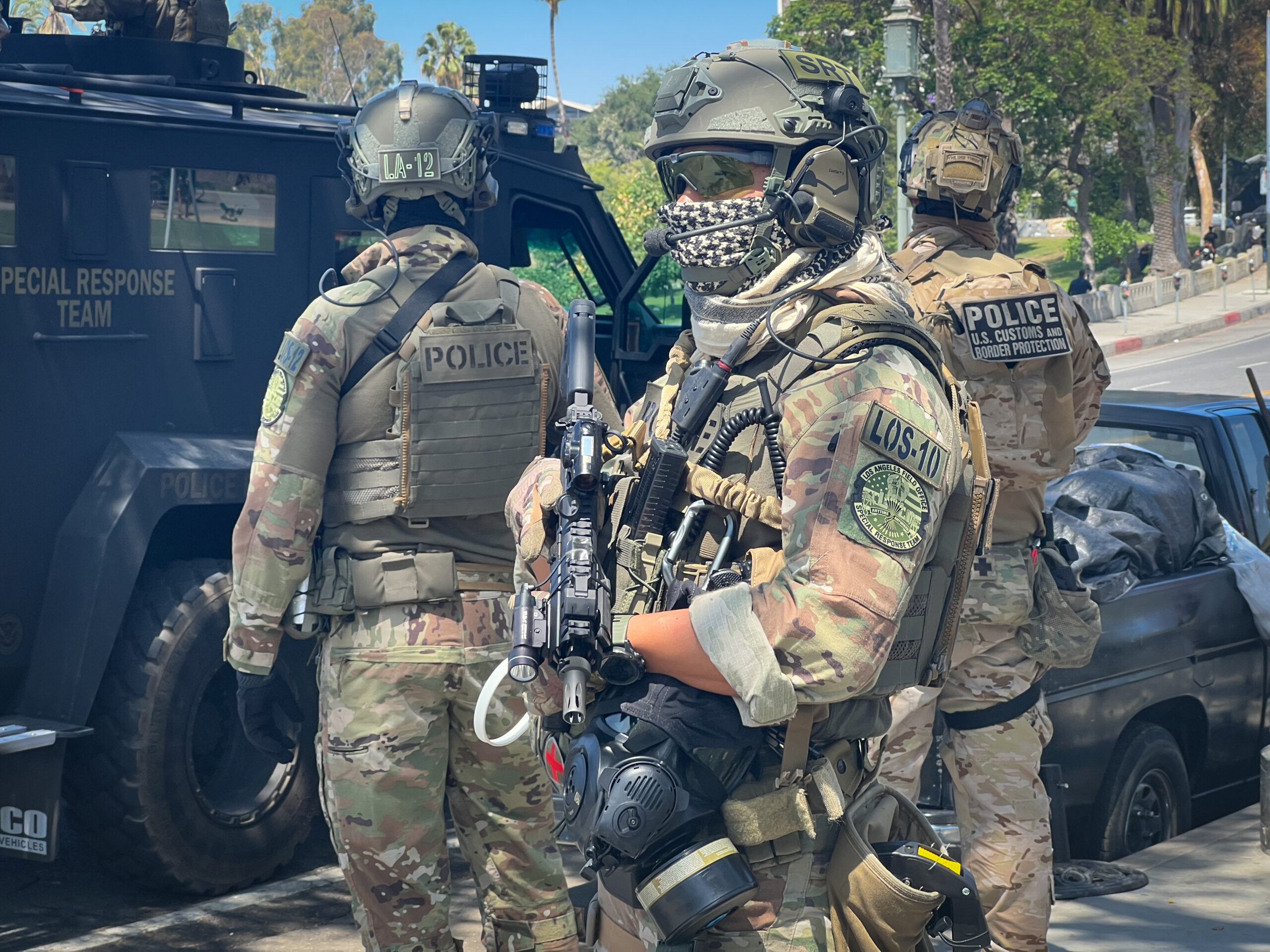
A federal agent wears a keffiyeh, a traditional Palestinian scarf. Photo: Renae A. Hernández.
Dozens of anti-ICE rapid response team organizers, as well as legal observers in bright yellow t-shirts, stayed close, some speaking into megaphones to tell residents to stay away. One man rolled a mobile P.A. system that played a pre-recorded message in English and Spanish laying out people’s rights — to remain silent; to speak to an attorney; to ask for a signed warrant; and to not sign documents.
The cacophony of their announcements drew people out of surrounding businesses, medical offices and apartments, even as more reporters arrived to document the scale of the “raid,” as well as its lack of any apparent success in detaining people without papers.
By the time agents walked from the west end of the park to the eastern edge, the rapid response teams and people in the neighborhood — collectively numbering in the hundreds — began to surround the agents and their cars, in some cases cutting them off from their own route out of the area. Some yelled, “ICE out of L.A!” Many recorded the confrontation on their phones, live streaming it onto Instagram and other social media platforms.
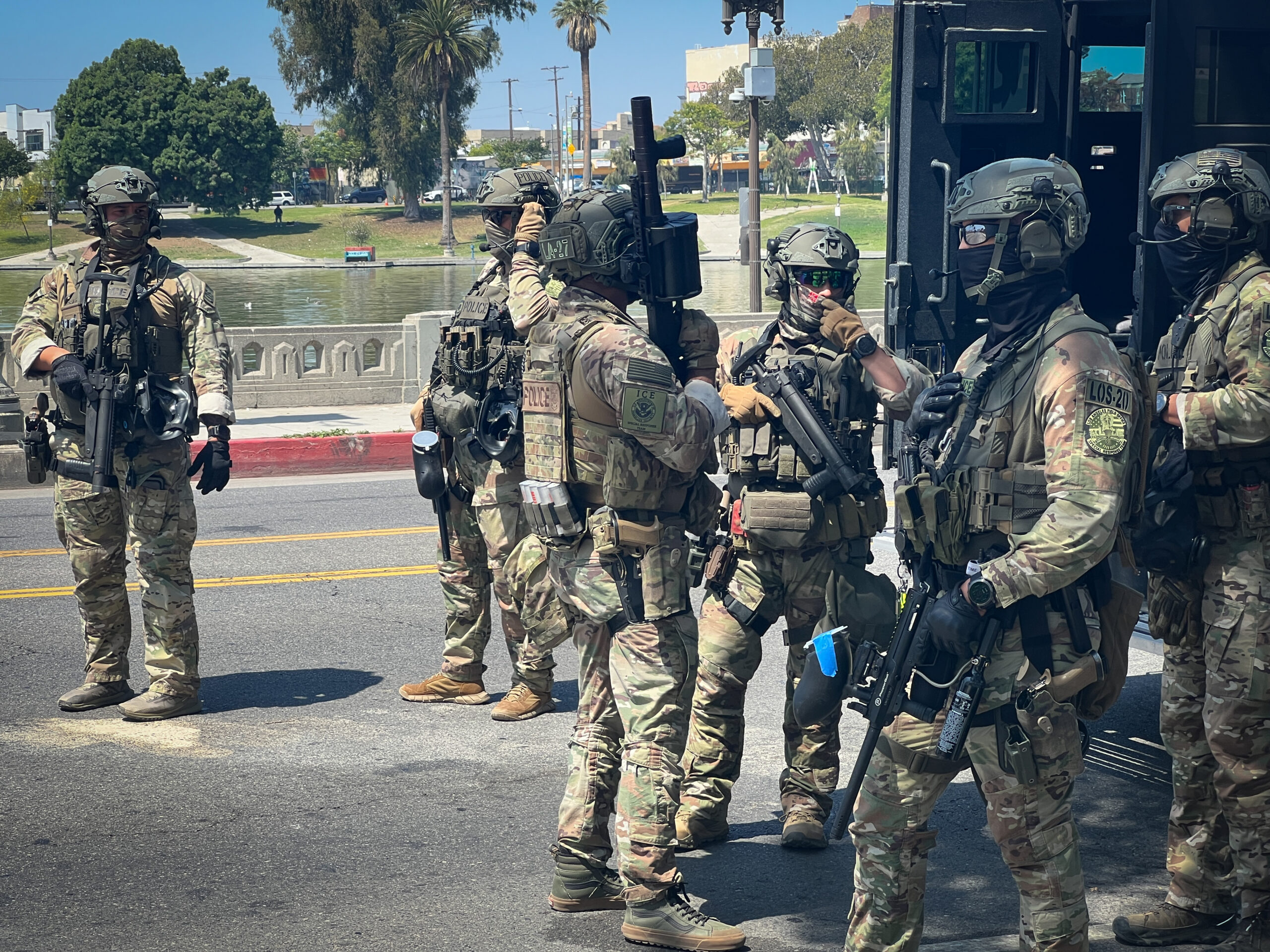
Federal agents gather on Wilshire Boulevard, empty of traffic because of federal vehicles blocking the road. Photo: Renae A. Hernández.
On the northeastern corner of the park, beyond the intersection of Sixth and Alvarado, a pair of dark SUVs attempted to drive into a traffic blockage where federal agents had shut down the intersection. The window of one of the vehicles, which had police sirens blaring, rolled down, revealing the head of Los Angeles Mayor Karen Bass, who peered out. Recognizing their mayor, people moved toward the vehicle, yelling at her to protect the city — before the vehicles made their way through traffic and onto Wilshire Boulevard. In a subsequent news conference, Mayor Bass described the Customs and Border Protection action at MacArthur Park as “outrageous and un-American.”
Soon after, the mounted officers retreated back to the horse trailers, and the armed agents returned to their vehicles.
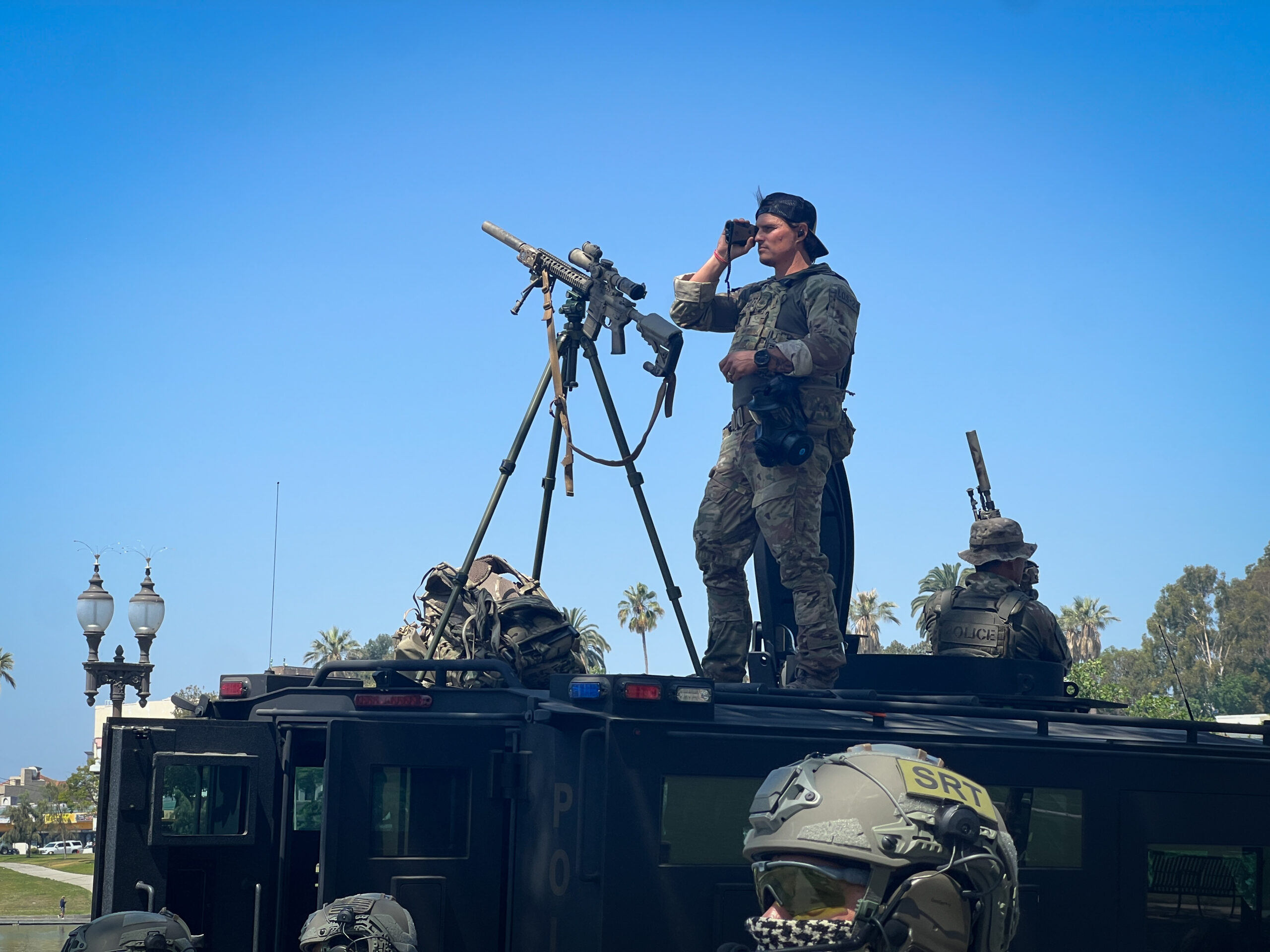
A rifleman with a tripod stands atop an armored truck on Wilshire Boulevard while another peers out of the roof hatch. Photo: Renae A. Hernández.
A separate group of people followed armed agents back to another collection of parked vehicles. Agents gathered around a black armored car with a decal of U.S. Immigration and Customs Enforcement. A gold stencil on the vehicle read “Special Response Team Police Rescue.” Atop the vehicle was a tripod-mounted rifle. Below, a rifleman peaked out of the roof hatch, looking east through the gun’s scope while aiming his weapon.
An agent in green camouflage with a police patch on his chest climbed into an SUV while one of his comrades moved a silver canister back and forth in his hands, his fingers playing with the pin as onlookers yelled, “Just go! Just go!” He eventually followed his colleagues into the car.
Slowly, the SUVs and white passenger vans drove onto Wilshire Boulevard as dozens of people walked alongside their vehicles, chanting: “ICE out of L.A.!”
The rifleman in the armored ICE truck — still hanging out of the roof hatch where the tripod was set up — put his fingers in the shape of a V to signal peace to the crowd as they drove away.
Meanwhile, on the northwestern edge of the park, a crowd gathered near a social services building where the police officers, who had been present before ICE arrived, remained.
In front of someone recording a video, a man shouted at the officers: “What about them kidnapping us! You fucking pigs, fucking collaborators, motherfuckers!”
According to the Department of Homeland Security, 1,618 immigrants were detained for deportation in Los Angeles and surrounding regions of Southern California between June 6 and June 22.
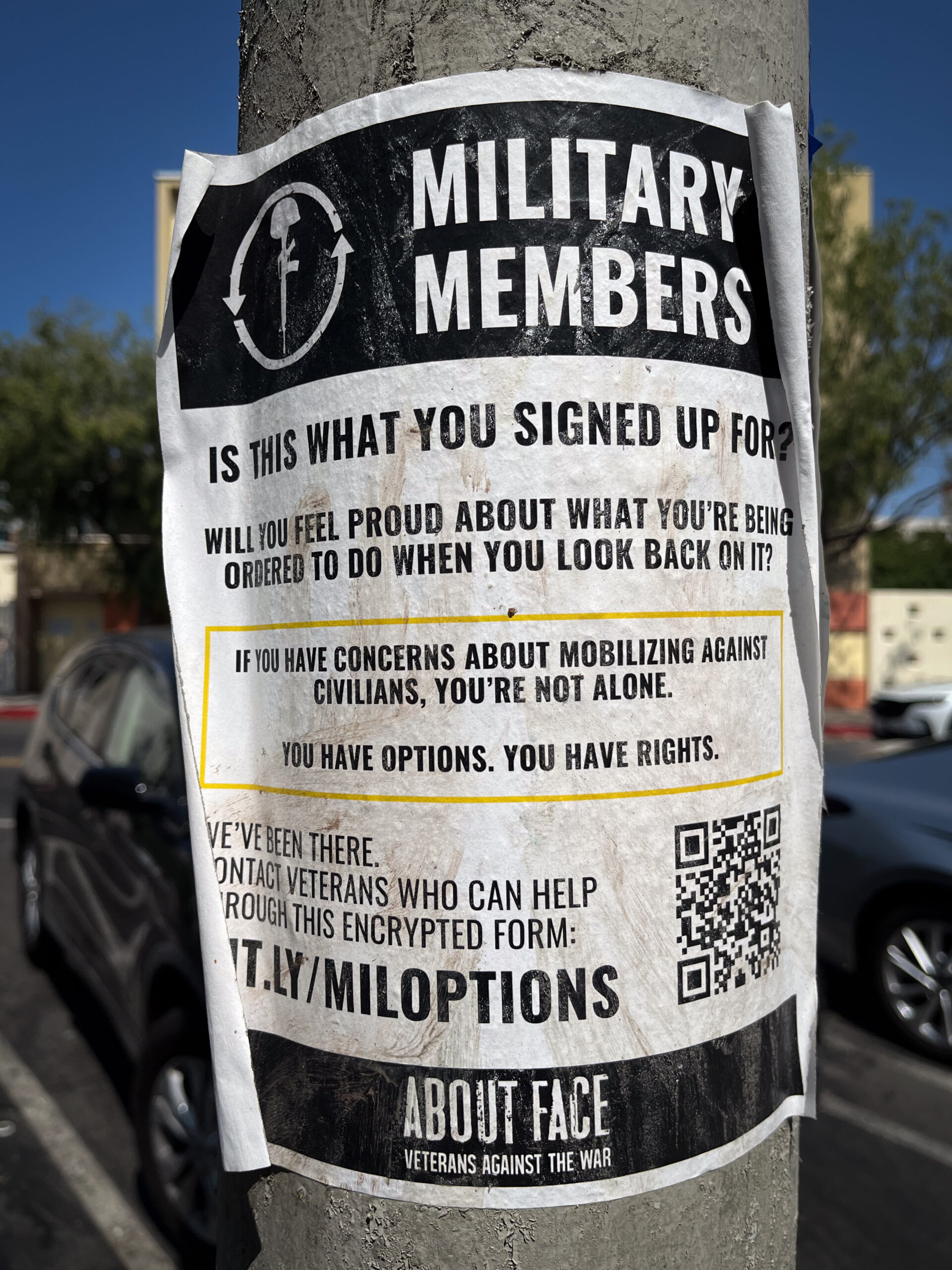
A flyer taped to a pole targets active military deployed in Los Angeles. Photo: George B. Sánchez-Tello.
Less than an hour after arriving, the Border Patrol and ICE agents were gone from MacArthur Park, along with the rest of their military convoy. It is unclear whether authorities detained anyone there on Monday.
After they departed, local vendors began to slowly return to the park, ringing their bells to attract customers as they did.
A vendor passed a sign taped to a pole nearby:
Military Members
Is this what you signed up for?
Will you feel proud about what you’re being ordered to do when you look back on it?
If you have concerns about mobilizing against civilians, you’re not alone.
You have options. You have rights.
Copyright Capital & Main 2025
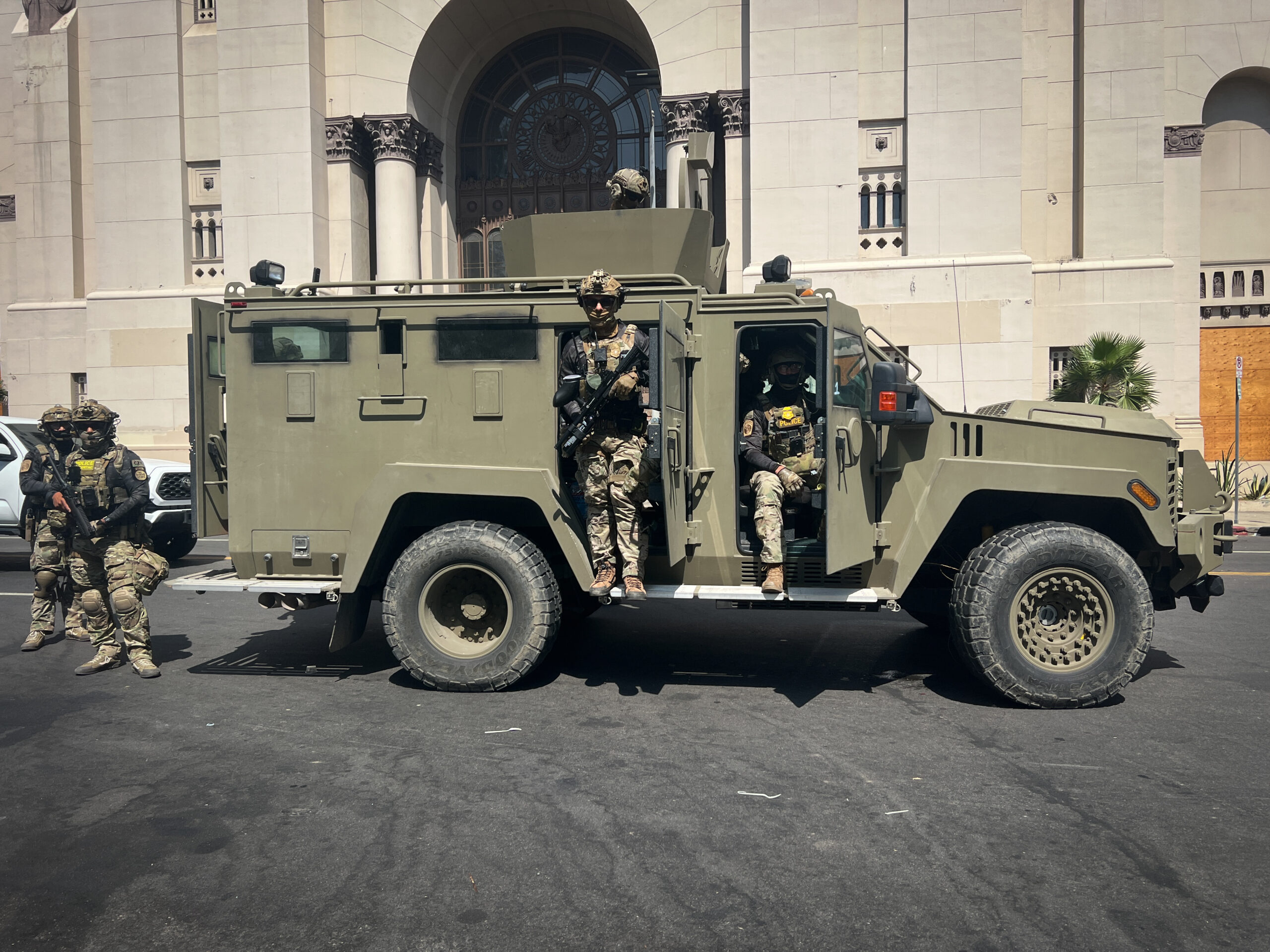
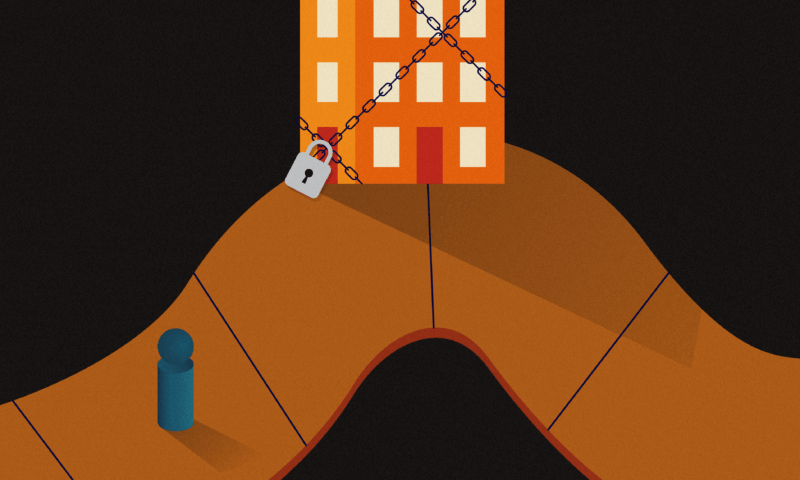
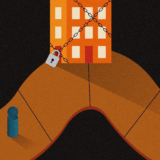 Locked OutDecember 16, 2025
Locked OutDecember 16, 2025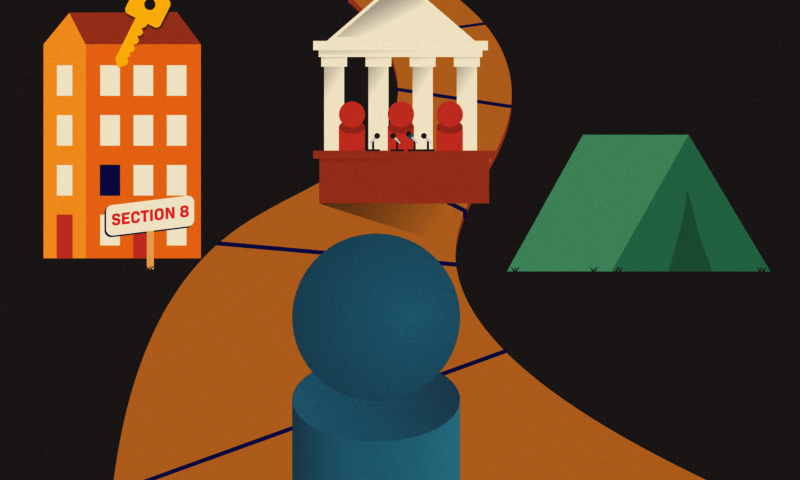
 Locked OutDecember 23, 2025
Locked OutDecember 23, 2025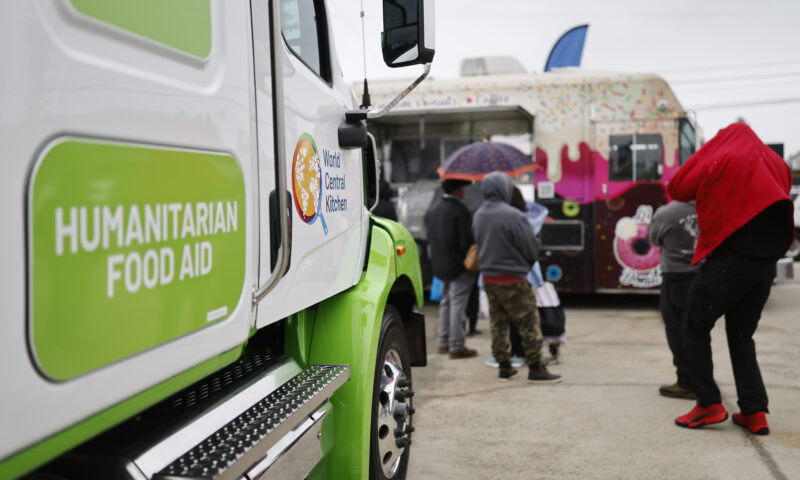
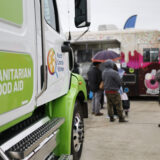 The SlickDecember 19, 2025
The SlickDecember 19, 2025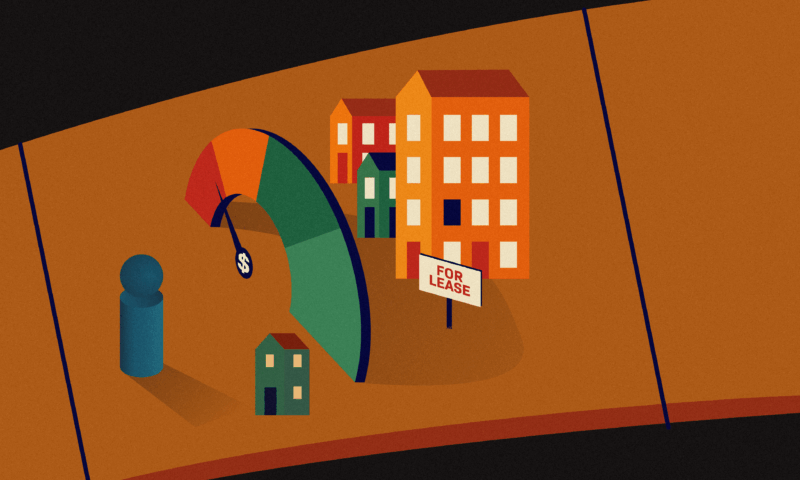
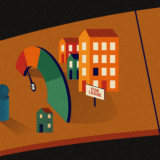 Locked OutDecember 17, 2025
Locked OutDecember 17, 2025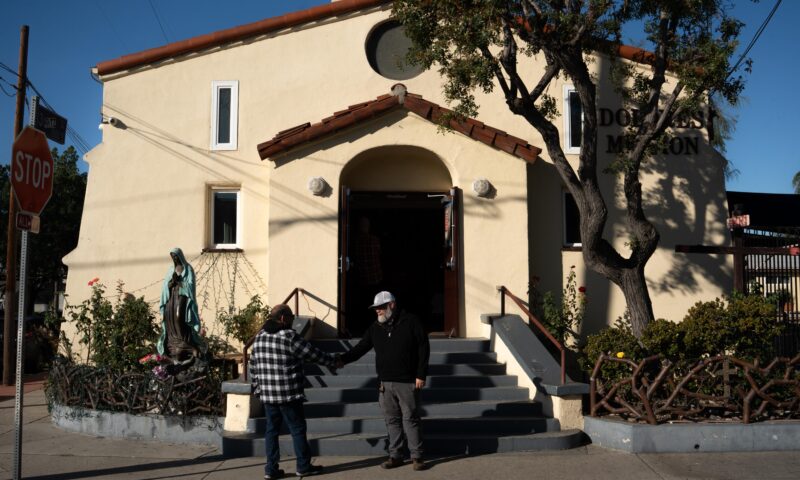
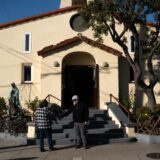 Latest NewsDecember 22, 2025
Latest NewsDecember 22, 2025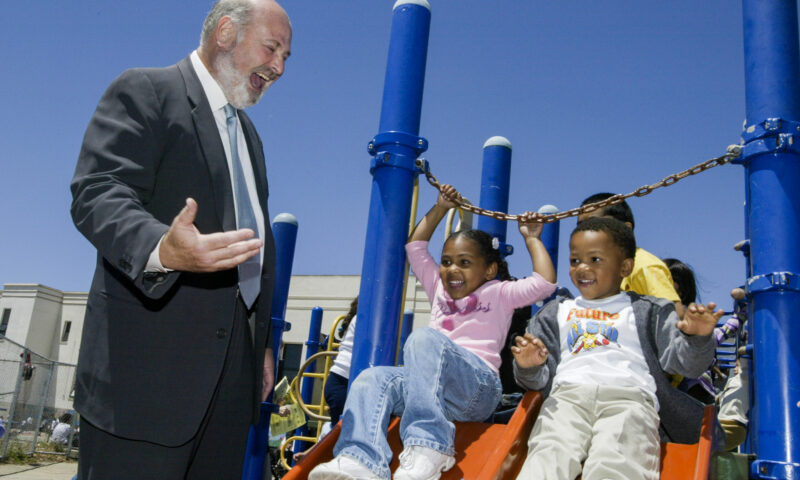
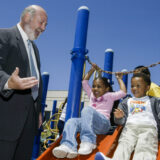 Column - State of InequalityDecember 18, 2025
Column - State of InequalityDecember 18, 2025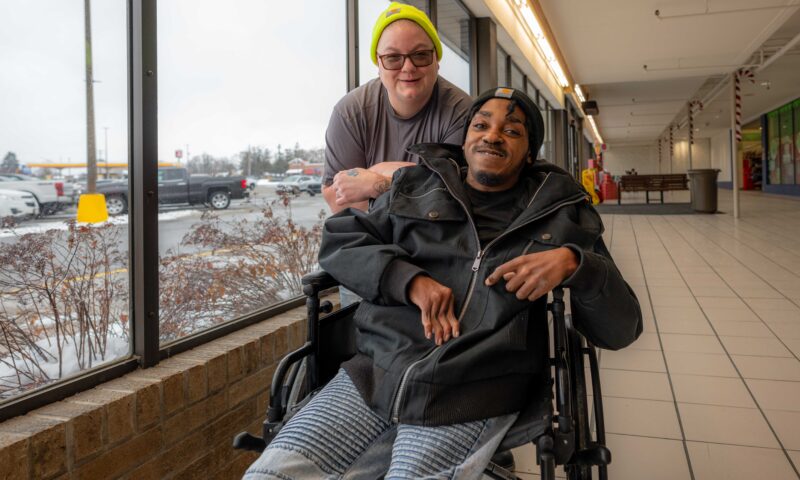
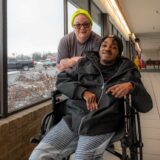 Striking BackDecember 17, 2025
Striking BackDecember 17, 2025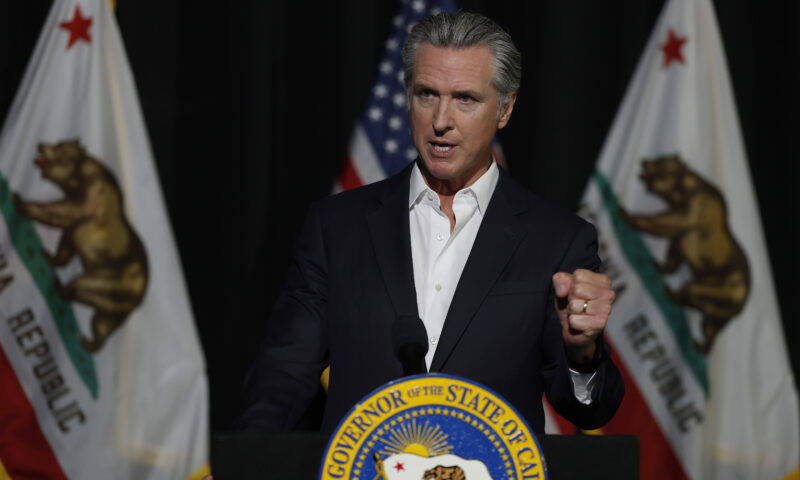
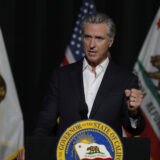 Column - State of InequalityDecember 24, 2025
Column - State of InequalityDecember 24, 2025








